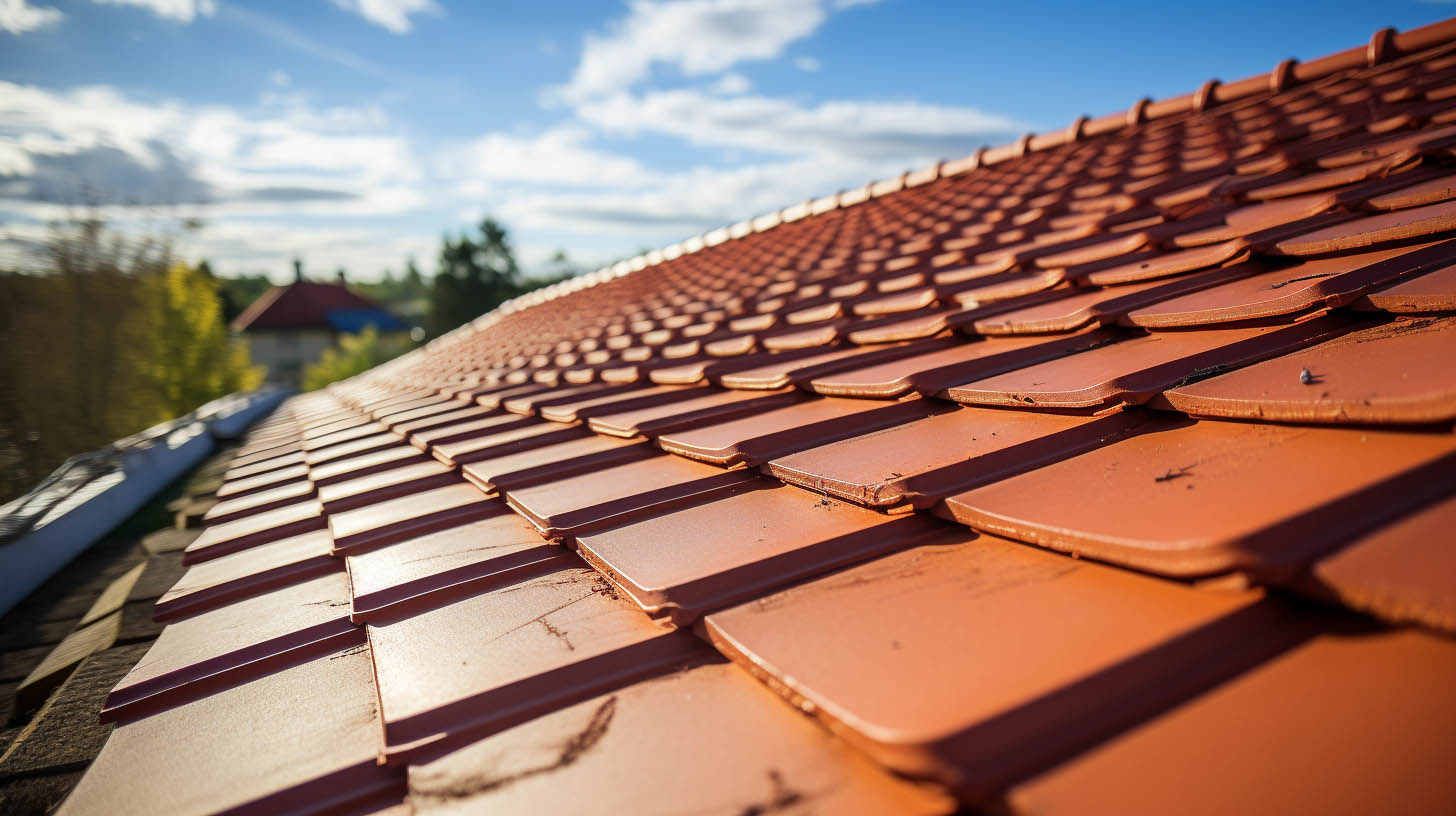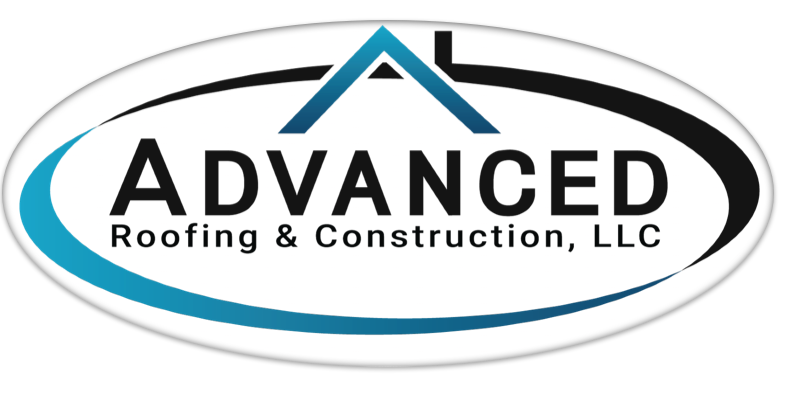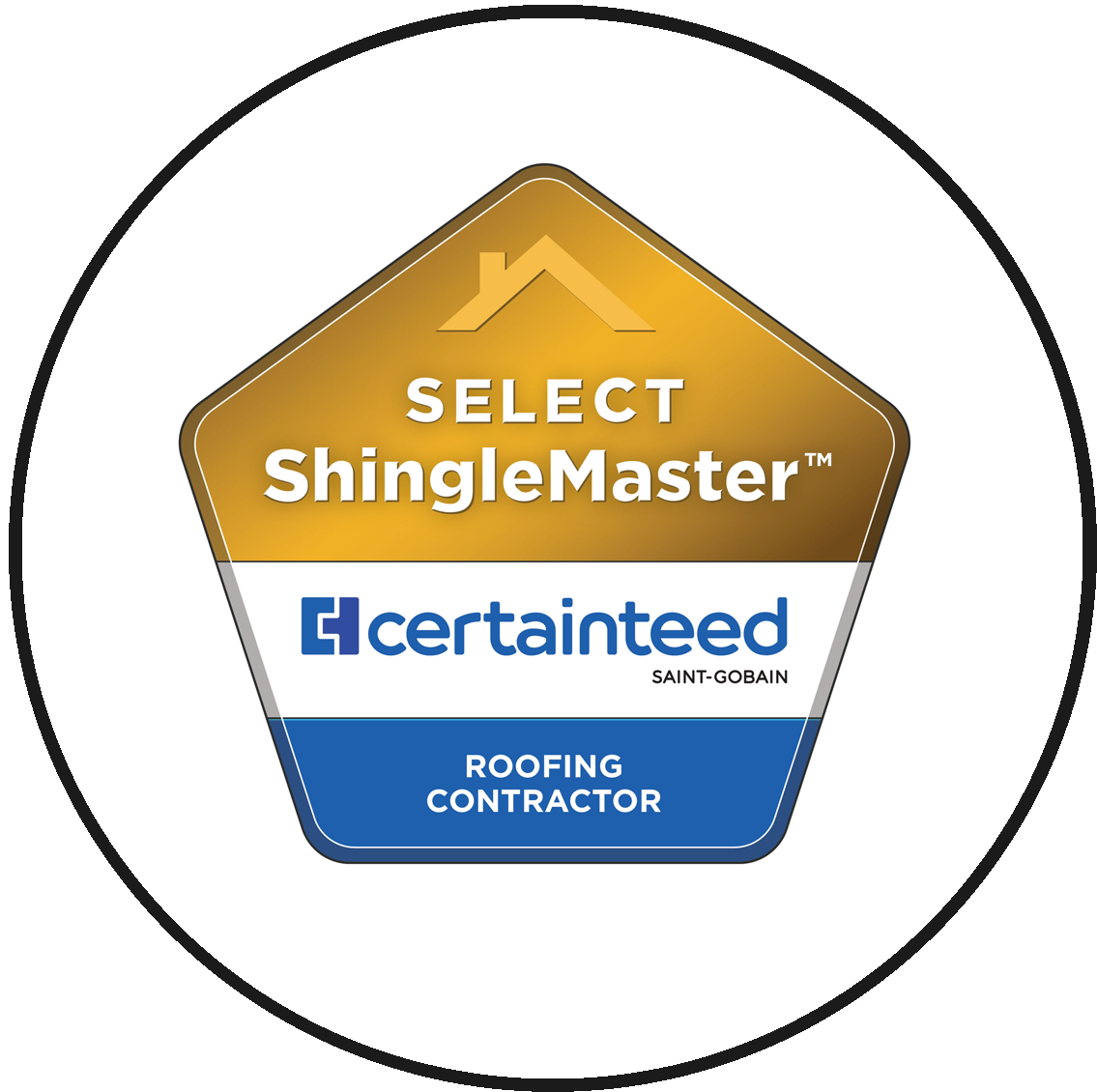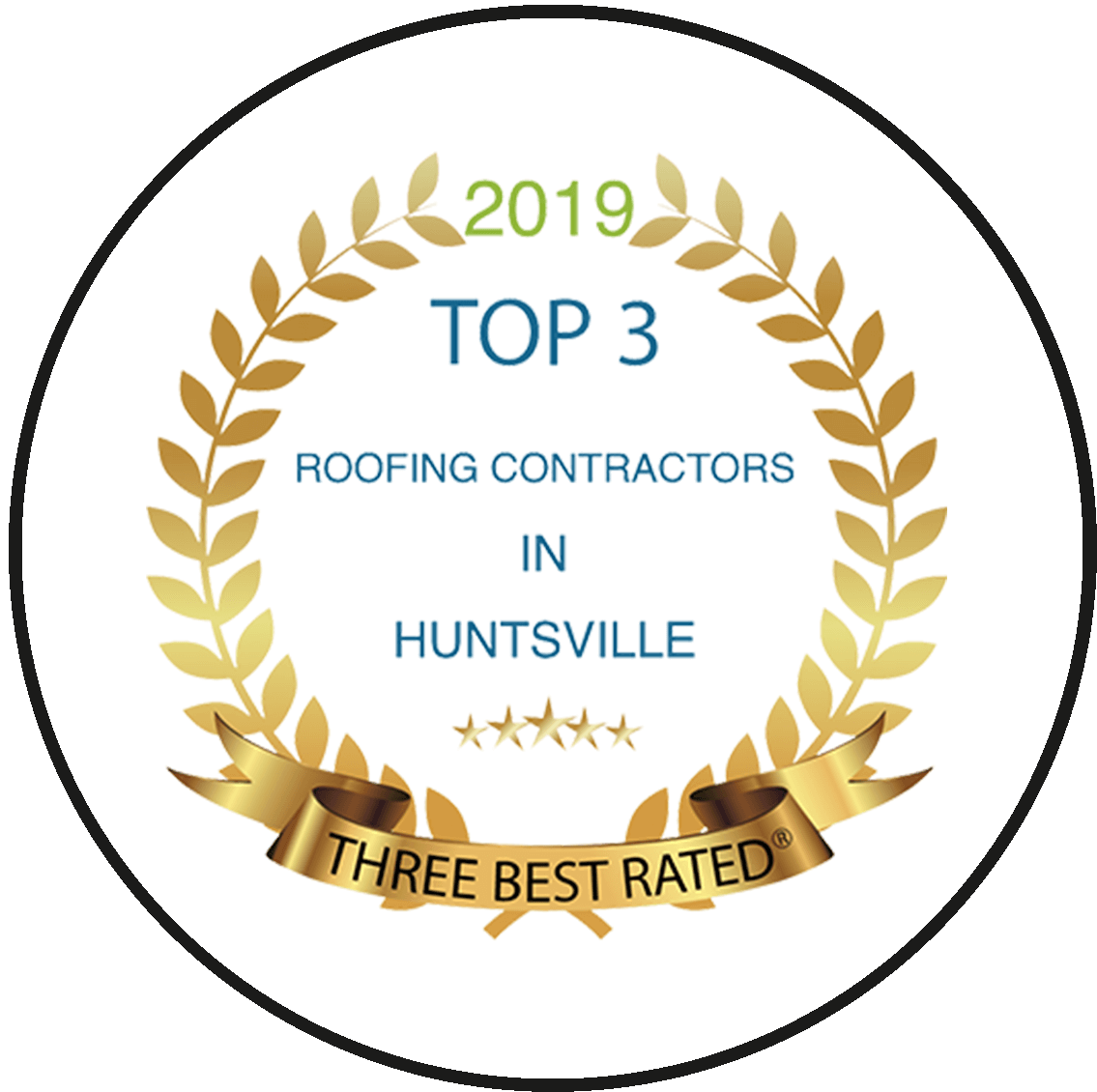
Low-slope roofs, characterized by a pitch ratio of 3:12 or lower, demand specific roofing materials to ensure durability, weather resistance, and aesthetic appeal. In this guide, we delve into the most suitable roofing options for low-slope roofs, highlighting their unique benefits and applications.
Polyvinyl Chloride (PVC) Roofing: A Versatile Choice
PVC roofing stands out for its flexibility, making it an ideal choice for various roof designs, especially low-slope ones. Its resistance to harsh chemicals is a notable advantage, particularly for buildings like restaurants, where rooftop venting of smoke and fumes is common. PVC’s durability and chemical resistance make it a long-lasting solution for diverse roofing needs.
Thermoplastic Polyolefin (TPO): Energy Efficiency and Durability
TPO roofing, a single-ply plastic material, is highly recommended for low-slope roofs in regions with high temperatures. Its excellent reflective properties contribute to energy efficiency, helping maintain comfortable indoor temperatures and reducing electricity costs. TPO’s resilience to thermal variations and impact, including hail storms, makes it a top choice for roofing in Huntsville, AL.
Ethylene Propylene Diene Terpolymer (EPDM): Flexibility and Weather Resistance
EPDM roofing, known for its flexibility, is well-suited for enduring hot and cold seasons. This material is particularly effective in industrial settings due to its chemical resistance. Available in black and white, EPDM with single-ply membranes is ideal for hail-prone areas, offering superior puncture resistance. However, it’s less suitable for roofs with heavy foot traffic.
Built-Up Roofing (BUR): Leak Resistance and Insulation
BUR, consisting of alternating layers of reinforced fabrics and bitumen, topped with gravel, offers excellent insulation and leak resistance. Its installation in large sheets makes it a reliable choice for both dry and rainy climates, ensuring long-term protection and durability.
Modified Bitumen: Enhanced Durability for Extreme Temperatures
Modified bitumen roofing, an upgrade from BUR, comprises asphalt sheets modified with plastic or rubber. Its multi-ply installation enhances durability, making it capable of withstanding extreme temperature variations. This roofing type is particularly recommended for areas experiencing high summer temperatures.
Metal Roofing: Weather-Resistant and Aesthetically Pleasing
Metal roofing is a versatile option for low-slope roofs, offering a flat, streamlined appearance with vertical ribs at the edges for a paneled look. Its weather resistance, high fire resistance, and suitability for various climates make it a popular choice. In Huntsville, roofing experts often recommend the double lock standing seam metal type for its screw-free, concealed fastener installation.
Conclusion: Expert Installation for Long-Term Benefits
Selecting the right roofing material for a low-slope roof is crucial, but equally important is the expertise of the installation team. Advanced Roofing & Construction, LLC, with its experience and knowledge, ensures that your roofing choice is perfectly aligned with your building’s structural needs, climate conditions, and aesthetic preferences. Trusting a professional roofing company in Huntsville, AL, like Advanced Roofing & Construction, LLC, guarantees not only an optimal roofing solution but also long-term cost savings and peace of mind.



